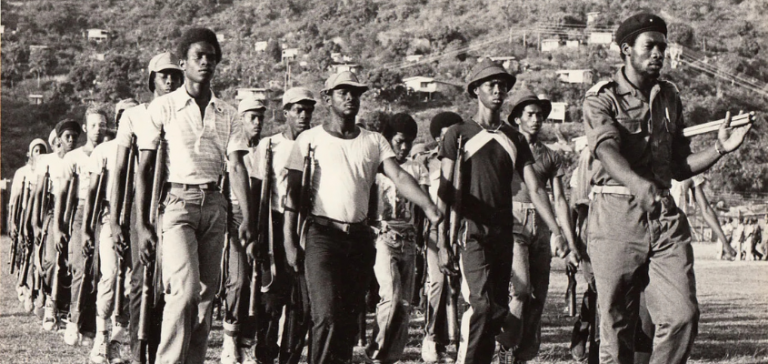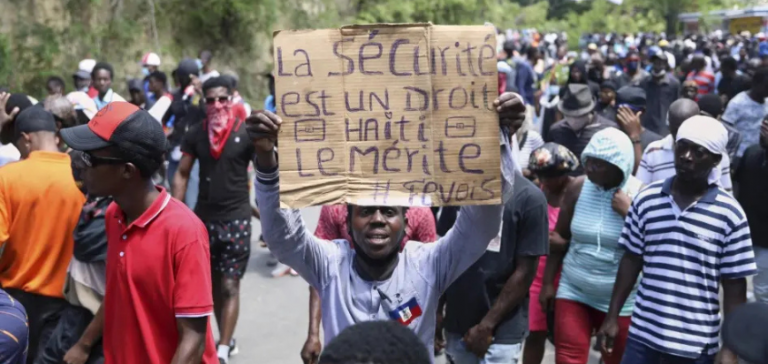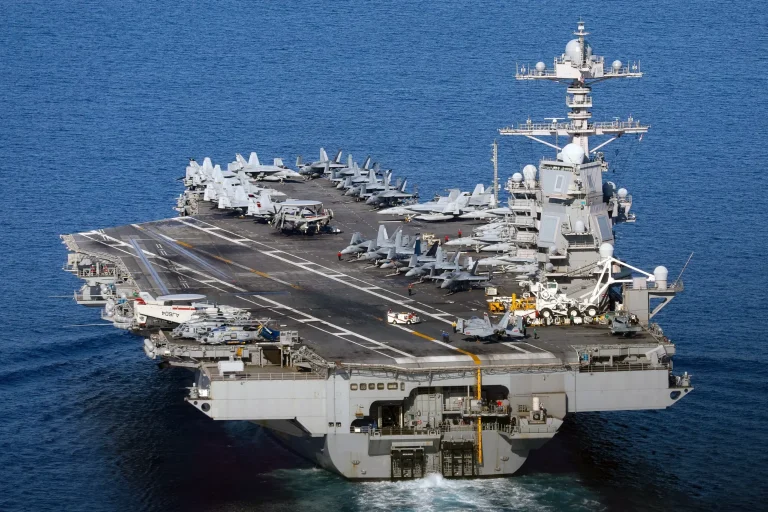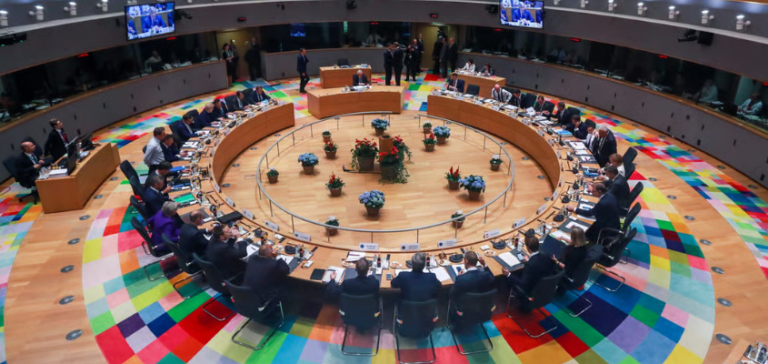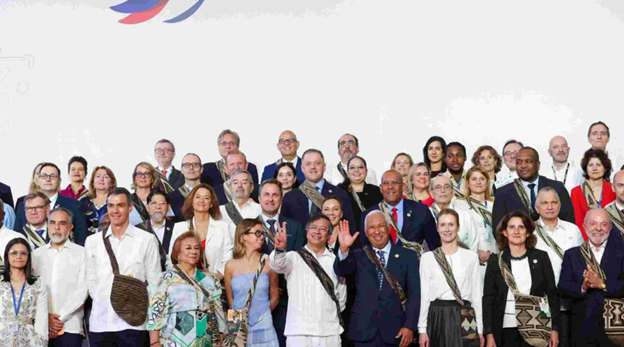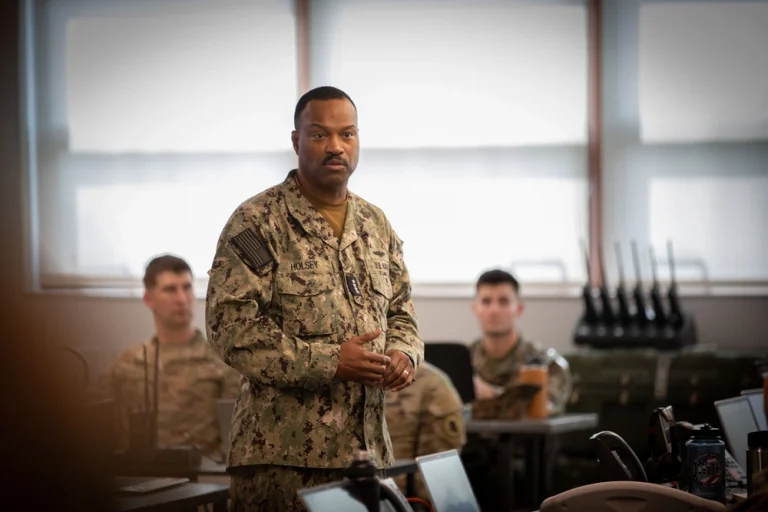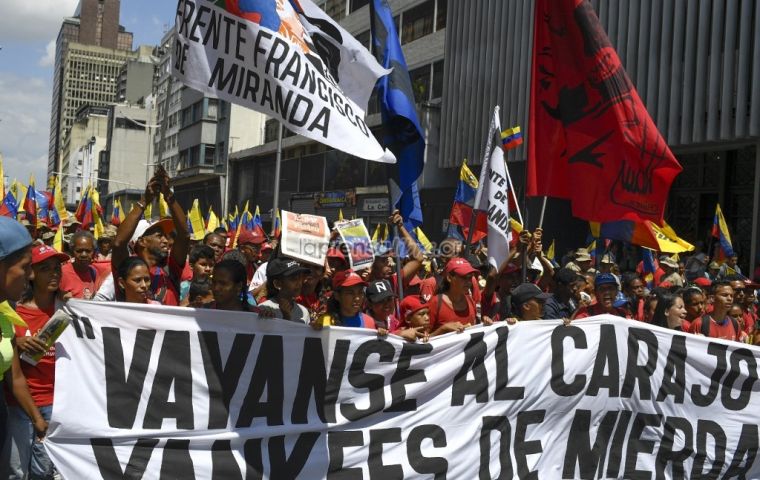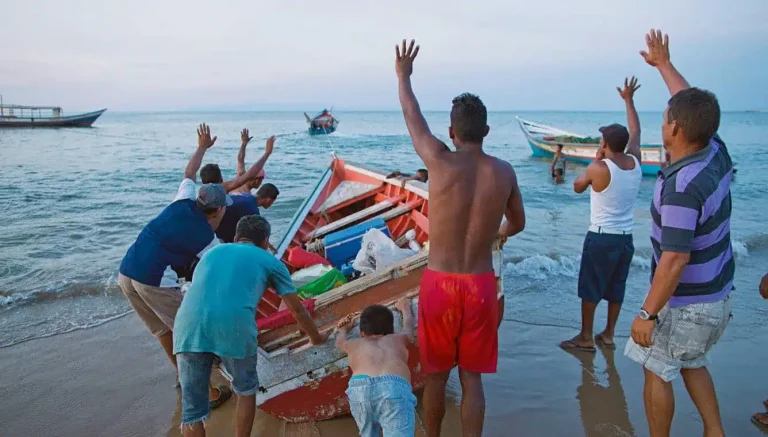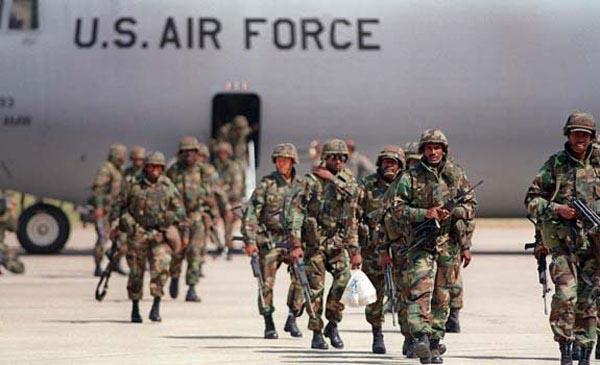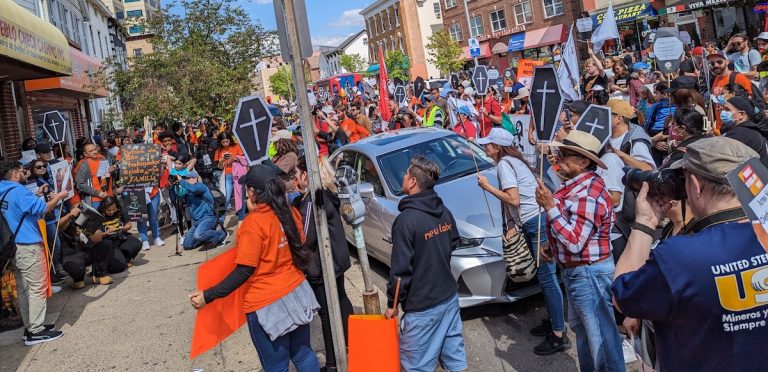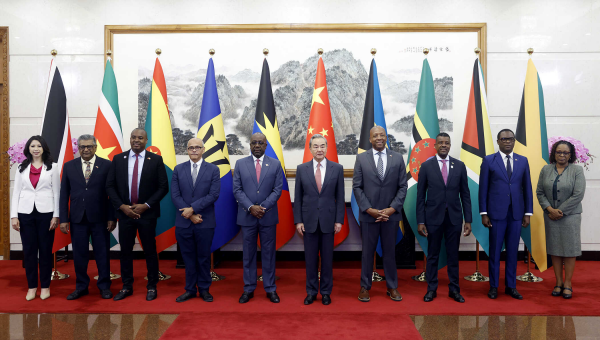Why A Caribbean Zone Of Radical Peace Is Vital
The Caribbean Sea has once again become a theater for the renewed geopolitical ambitions of a waning US empire, which is strategizing to bolster its last bastion of hegemony. The arrival of the nuclear-equipped USS Gerald R. Ford on November 15, 2025—the largest and most advanced aircraft carrier, spearheading the most intense military deployment in the region in decades- signals a stark attempt to reaffirm US domination. It reminds us of the Caribbean’s central position in the history of empires and why our only option is to resist these machinations through the pursuit of a radical peace and working-class unity.

